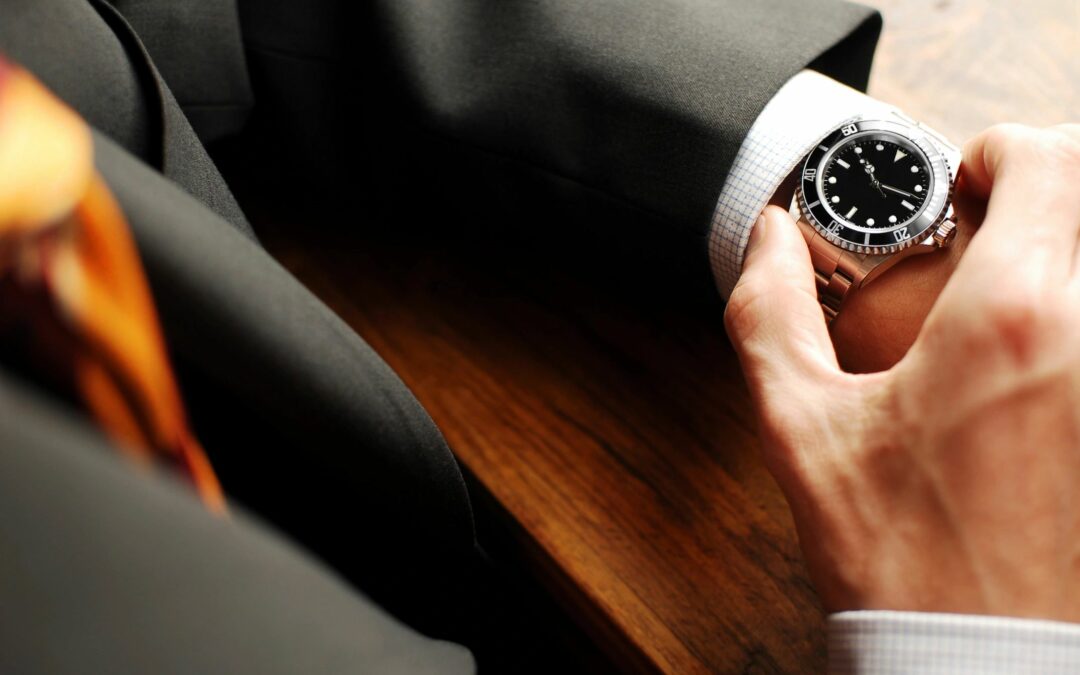By Tom Ritchie and Matt Johnson
The PTAB Precedential Opinion Panel (“POP”) has concluded that the one-year time bar for filing an IPR petition under 35 U.S.C. § 315(b) is triggered by the service of a complaint alleging infringement even if “the serving party lacks standing to sue or the pleading is otherwise deficient.” GoPro, Inc. v. 360Heros, Inc., IPR2018-01754, Paper 38 at 24 (PTAB Aug. 23, 2019). The POP is empowered to set forth binding agency authority on issues of exceptional importance. This holding reversed the Board’s earlier decision in this case granting institution.
360Heros, the Patent Owner, served GoPro with a pleading alleging infringement in August 2016. The district court subsequently ruled that 360Heros lacked standing to sue because the inventor had not yet assigned the patent to 360Heros. GoPro filed the IPR petition at issue in September 2018. After concluding that the time bar had not been triggered by the pleading served by 360Heros, the Board instituted trial. 360Heros requested rehearing and POP review of that institution decision.
In support of its petition, GoPro argued that standing is a fundamental requirement for suit, thus rendering 360Heros complaint a “nullity” that failed to trigger the time bar. Id. at 7. But the POP was not persuaded.
Instead, the POP agreed with, and followed, the Federal Circuit’s reasoning in Click-To-Call. In Click-To-Call, the Federal Circuit held that the time bar applied even when a previously served complaint was subsequently dismissed. Id. at 13.
The language of § 315(b) is “plain and unambiguous” and “does not contain any exceptions or exemptions.” Id. at 8–9 (citing Click-To-Call Techs., LP v. Ingenio, Inc., YellowPages.com, LLC, 899 F.3d 1321, 1330 (Fed. Cir. 2018), cert. granted in part sub nom. Dex Media, Inc. v. Click-To-Call Techs., LP, 139 S. Ct. 2742 (2019)). The one-year time bar is triggered on the date a party is properly served with a pleading asserting infringement “regardless of whether the serving party lacked standing to sue or the pleading was otherwise deficient.” Id. at 10.
Matthew Johnson
Latest posts by Matthew Johnson (see all)
- Delegated Rehearing Panel Sends Lifeline to Mercedes-Benz - June 27, 2025
- PTAB Clarifies Interim Workload Management Process - June 19, 2025
- April 2025 Institution Rate Slips Below 45 Percent - June 6, 2025

